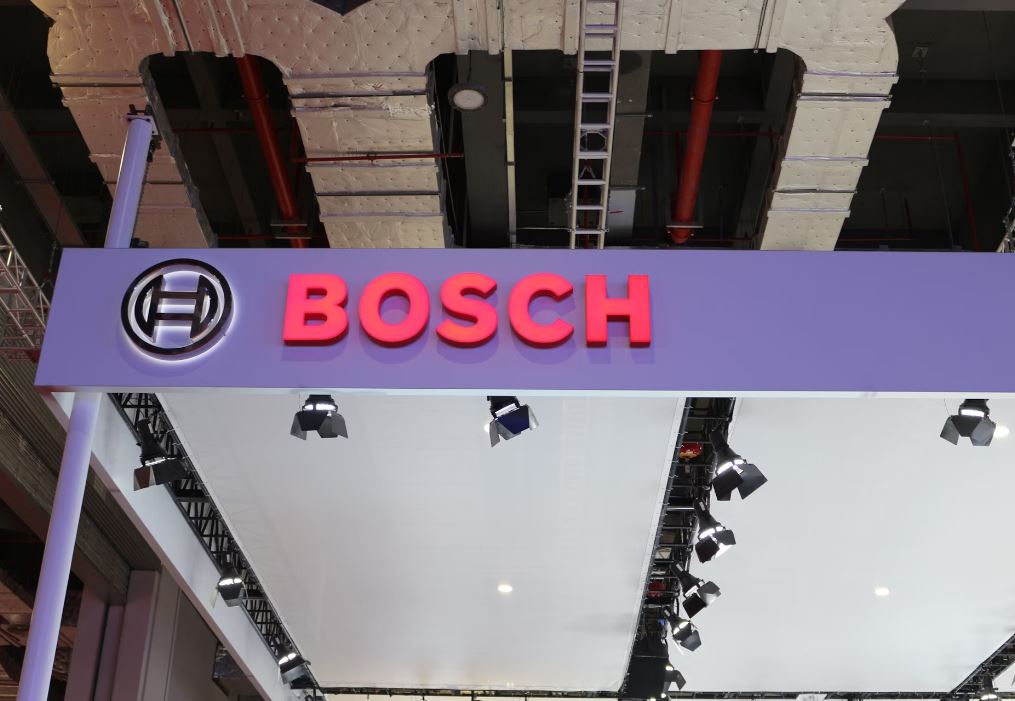Bosch Group, a global engineering and technology powerhouse, is propelling itself into the forefront of sustainable energy solutions.
Dr. Stefan Hartung, CEO and Chairman of the Board of Robert Bosch GmbH, recently emphasized Bosch’s commitment to tapping into new, sustainable sources, with hydrogen playing a central role in the company’s ambitious plans.
The pivotal moment came in 2023 when nearly 200 countries, acknowledging the urgent need to combat climate change, declared the end of the fossil fuel era. The historic agreement during COP28 set ambitious targets, including tripling renewables and doubling energy efficiency by 2030.
Bosch’s Climate Neutrality
Ahead in the transition, Bosch achieved climate neutrality (scopes 1 and 2) across its 400 worldwide locations in 2020. This made Bosch the first globally operating industrial enterprise to attain climate neutrality.
Bosch’s journey involves substantial investments in renewables, driving both its operations and the development of technologies for sustainable energy use. From heat pumps to battery technology, Bosch is a trailblazer in powering the clean energy economy.
Dr. Stefan Hartung outlined Bosch’s strategic approach, focusing on both electrification and hydrogen. While Bosch is already a leading supplier in the electromobility sector, including chips, e-axles, and electric motors, the company is placing a significant bet on hydrogen to meet global energy demand efficiently.
Hartung emphasized the significance of green hydrogen in achieving climate neutrality, stating, “It makes sense to use it in nearly every sector.” Bosch views hydrogen not just as a fuel but as a storage medium, facilitating the efficient use of energy generated from renewables.
Bosch is positioned as a key player in hydrogen-related innovations. The company is among the top 10 in hydrogen production patent applications by electrolysis, playing a crucial role in hydrogen storage and distribution. Bosch’s expertise lies in developing applications of hydrogen as an energy carrier, with a current focus on the mobile fuel cell.
Hydrogen, produced with renewable energy, holds the potential to decarbonize various sectors. Bosch’s efforts align with the International Energy Agency’s recognition that clean hydrogen can support the decarbonization of transportation, industry, and electricity systems.
Bosch’s mobile fuel cell, integral to the powertrain system for heavy vehicles, recently entered volume production in Stuttgart. Orders from truck manufacturers in Europe, the US, and China highlight the industry’s interest in hydrogen-powered transportation.
Bosch is actively working on components for a hydrogen engine, set to launch this year. This innovation allows the direct conversion of fuel into energy without an intermediate step of converting it into electricity, offering a practically carbon-neutral solution.





